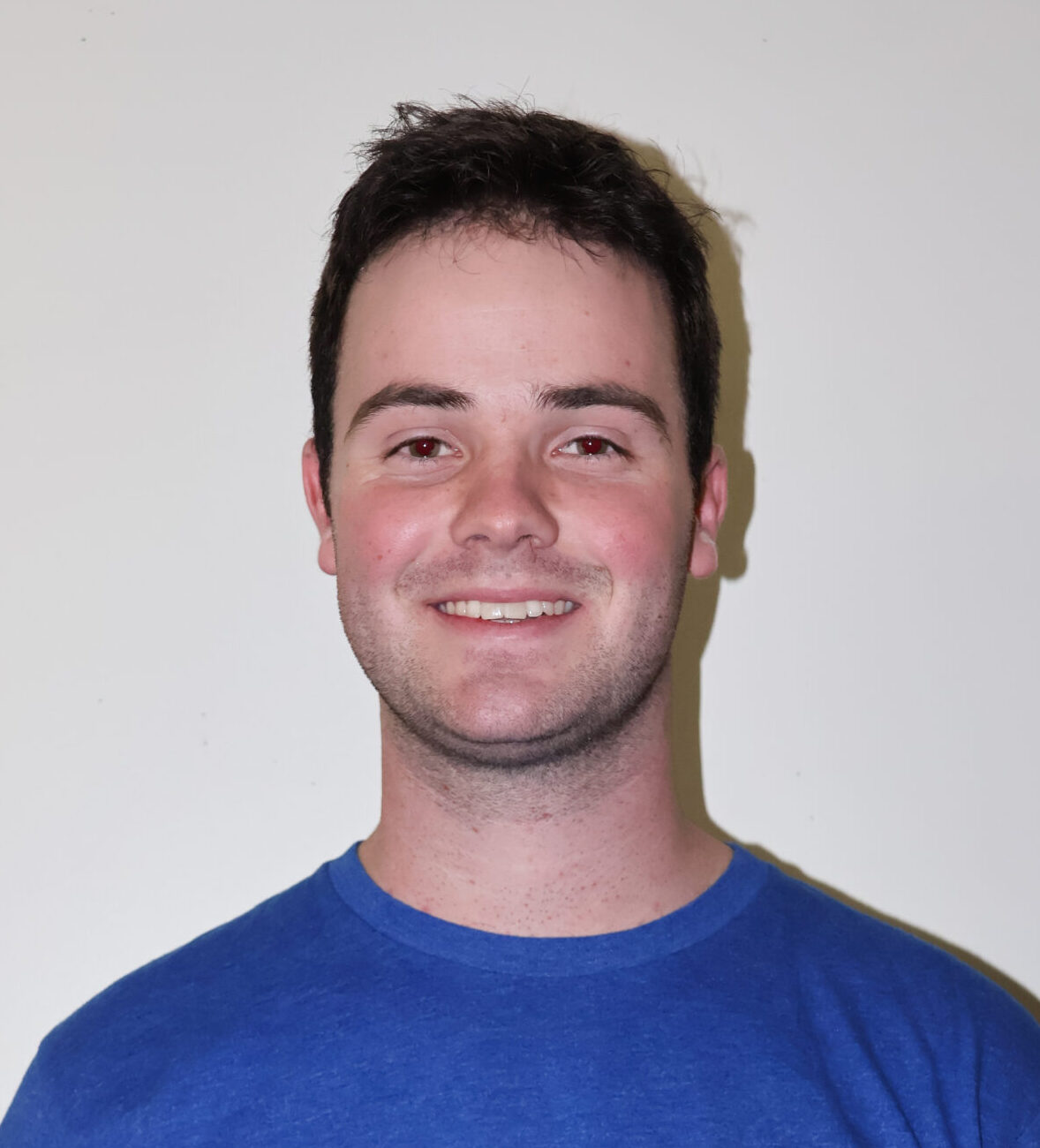Longtime Los Angeles resident, writer Ryan Maddigan, reflects on the recent fires in Southern California and the importance of community.
The L.A. Fires Should Push You to Make a Ripple
If you know anyone from Los Angeles, they might’ve told you about a low-lying, yet constant, anxiety they hold. Fear of the “Big One” — a massive earthquake that could rip across the San Andreas Fault and wreak havoc across the state — is infused in the flip-flop-wearing Californian consciousness.
On Jan. 7, the “Big One” came, not from the rumble of an earthquake but from the recent fires affecting the Pacific Palisades, a luxurious and beautiful slice of the western coast, Sylmar, a main artery of the San Fernando Valley that birthed iconic 80’s slang and Altadena, a vibrant middle-class neighborhood full of young families. The destruction of these neighborhoods shows the power of nature of natural disasters.
Though stereotypes of Californians as insincere or overly politically correct are prominent in various forms of media, these outside perceptions never bothered me as an Angeleno. There are fragments of truth in every stereotype, but I hope the recent wildfire crisis help combat these perceptions and remind people across the country to have empathy for their fellow Americans.
While accusatory headlines swirl and politicians use the moment for put-downs, what’s evident from local news feeds and personal testimonials is the incredible amount of resilience of those affected. Through rapid and successful community movements, individuals are committed to the goal of helping fellow Angelenos in need.
First responders from across the state, country and world are continuing to subdue the ravaging fires. By leaving sticky notes apologizing to homeowners about footprints and preserving family heirlooms whenever possible, firefighters are actively trying to save any semblance of community and culture.
Much of my love for my home state comes from its ability to act as a microcosm of the U.S. A few days after the fire started, my family appeared safe from the flames, my home’s electricity returned and my go bag remained by the door. But I still wondered what impact — if any — the disaster would have on a wider American consciousness.
With a demographically and politically diverse population and beautiful geography, I believe there’s a sliver of every corner of the globe in California. From grandmas in the midwest to immigrants from China, anyone can find a friend in the Golden State.
All this to say — when you see the fires affecting Californians, think about the people in your own life.
Though there are elements of the fire’s spread that have led people to question the preparedness and use of city resources, the obvious conclusion is we shouldn’t view this as an isolated incident. Everyone should prepare for a similar event in their own lives.
In cities across the world, there are increasingly drastic climate disasters, aging infrastructures and imperfect leadership — just like in Los Angeles. These factors increase the odds of the “Big One” affecting multiple regions multiple times over. But the most effective preparation doesn’t come from making survival kits or packing a go bag — although that’s a great start.
The best preparation comes from making a ripple in your community.
Don’t wait to cultivate connections with your neighbors. Volunteer when you can. Explore your city. Try new foods. Force your friends to leave their house once in a while. Don’t become apathetic.
Living more present and active lives can’t only pay dividends in weathering a disaster through practicing awareness, but also nurture values. Having clear priorities can make the rebuilding process all the more manageable because you can start with what you value most.
In a politically tumultuous time, a strong network of neighbors is more valuable than any caveat-ridden government aid package. Under a second Trump administration, concerns held by everyday Americans will be ignored unless used for political gain.
Live a life where the complete loss of every material good you own will never take precedence over those long conversations and tidbits of advice from those closest to you — your community.
As I listen to Randy Newman’s “I Love L.A.” and think about home, I hope you stick with those in Los Angeles who have nothing.
I urge you to not become apathetic to tragedies. You don’t have to donate until your wallet runs dry, but it’s crucial to be an active participant in the community you live in. If you were to wake up one morning with nothing, a strong community is all you need to have everything.
At a time of significant political division in the country and rampant anxiety about climate change, there will be no sweeping mandate to assuage our concerns or fix our problems. However, small steps like becoming engaged locally and knowing your neighbors can slowly create communities that grow beyond city and state lines.
-

Ryan is a fourth-year student majoring in history with a minor in global studies. He enjoys writing satire and opinions about societal movements. Originally from Los Angeles, Maddigan's time as an intern for the 44th Ward — alongside his experience in Loyola's Writing Center — makes him accustomed to the Loyola and Chicago cultures. For fun he likes to hangout with his siblings and build Legos.
View all posts
Topics
Get the Loyola Phoenix newsletter straight to your inbox!


